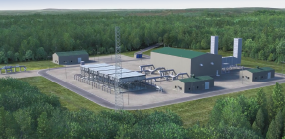Wirthlin Worldwide’s research conclusions and strategic recommendations comprise what we consider a meaningful paradigm shift in the natural gas industry’s approach to siting pipelines in the United States. This enhanced approach integrates an expanded emphasis on the pre-siting process with the already successful foundation of current industry practices.
In fact, industry performance to date has been so successful that it has raised public perceptions of the industry to an elite level that we define as a zero tolerance environment. It is the need to adapt industry practices to a zero tolerance context that drives our recommendations for an enhanced communications effort relating to the pipeline siting process. This new strategic model proposes reallocating the majority of industry communications resources to the pre-siting stage of pipeline construction. The heavy early investment will result in overall reductions in the time required to construct pipelines, ultimately increasing bottom line industry profits.
The external regulatory and community influences on construction schedules make time management one of the least controllable aspects of siting a pipeline. In order to increase the industry’s control over the time required to construct pipelines, our recommendations combine the key elements of:
- Operating in a zero tolerance industry,
- Employing pipeline leadership, and
- Communications modeling.
Operating in a Zero Tolerance Environment
As a result of its technical advancements in safety and reliable product delivery, the natural gas industry has transformed itself into a zero tolerance industry, an industry where public perception is significantly and negatively affected by adverse events. Logic would suggest otherwise. Ideally, continuous effective performance should elicit higher levels of public tolerance for occasional error. However, in reality, superior technical performance consistently raises the threshold of anticipated performance resulting in zero tolerance of unexpected and unplanned events. Airlines, food safety, and health care are other examples of zero tolerance industries that, like the natural gas industry, are broadly integrated into American society.
Among other things, this elite performance level is typified by three defining characteristics of the natural gas industry.
- High levels of public trust. Due to a history of safe and reliable performance, the public has an expectation of error free service.
- Enhanced regulatory relationships. The combination of societal reliance upon natural gas and high levels of public trust combine to create a regulatory relationship that is characterized by collaboration in establishing performance standards and pricing.
- Commodity pricing. The broad-based societal reliance upon natural gas creates an environment where actual prices are far lower than the actual value of the product.
The requirements of operating in a zero tolerance environment create imperatives for communications with the public in ways that have not been previously carried out. That is, where an industry has managed to create high levels of public trust by virtue of its technical performance there is a requirement for an industry to reach out to the public in order to understand legitimate fears and concerns in the population, and to take pro-active steps to address these issues.
Against this backdrop, we recommend that the pipeline industry pursue two methods to address the conditions created by a zero tolerance environment—1) pursue a pipeline leadership strategy and 2) engage in communications modeling. These two methods are embodied in the best practices described in this document and will go a long way toward creating an operating environment for pipeline companies that is both more collaborative and more profitable.



